Looking Ahead… And Looking Back
Even as I anticipate heading off with Peter, imminently, on the first winter holiday either of has taken to a warm place, and returning to a basement much transformed during our time away, I feel the need to return once more to moments from my time in Liberia – for my own pleasure in reliving them, and for the pleasure of the many people who have expressed interest in what I was doing there. First apologies to my sister. I think I may have stolen the subject line for this entry from my sister’s blog.
The ride from the airport into Monrovia, music blasting from radio, the honking of the horn every time our driver passed another vehicle on the pitch black narrow road, with people walking along the shoulders, sometimes alone, sometimes in crowds, with no apparent concern for the speeding, swerving vehicles.
My first point of connection with the Liberian people: I grew up in Canada at a time before a body of children’s literature was established here, so I appreciate the importance of what the Reading Liberia program has set out to accomplish.
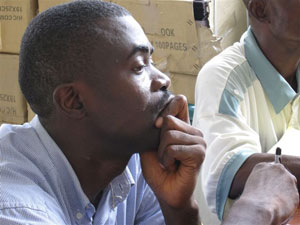
So much evidence of wartime damage and poverty in the downtown streets, yet what’s quickly apparent are signs of progress in the reclamation of the city. Cleaning up of the beach, no longer being used as a latrine, repaving of pot-holed streets, billboards proclaiming, “Never Again Liberia Let’s Reconcile and Live Together in Peace and Unity”.
When children on the beach, too poor to go to school, see me taking a picture of Ingrid by the water’s edge they gather round, keen to have their pictures taken too. Then I hold my camera strap tight as they take turns taking pictures of each other. And they just can’t get enough of seeing their images on the camera’s display screen.
Large coils of barbed wire top the walls around our hotel, and armed police guard the entrance to the grounds around it, but it’s the ordinary people going about their lives here who make us feel safe.
Ingrid, CODE program manager, is a great listener as I process all I’m seeing and hearing, and is tremendously reassuring in her comfort level and observations and comparisons with other African countries she’s been in, and the role I will play here.
During a meeting with Liberian teacher-leaders, there’s a discussion of songs and poetry that teachers could write down to use as reading material in their classrooms. Someone mentions the Liberian anthem, and soon I’ve urged them to sing it. And they do – 6 or 8 gorgeous black men – with pride and in the spirit of rollicking good fun, and I wish I’d thought to grab my camera quickly enough to capture the scene.
The sun sets differently in Liberia. It can be sunny and bright as it’s lowering in the sky, so bright you feel blinded by it reflecting off the water, but well before it hits the horizon it seems just to fade away. Meant to ask Johnson or Abraham, who teach science, about why that is.

What are those green things? Grenades, suggests a teacher during a session about how non-Liberian books can act as mirrors or as windows for Liberian students. And I’m told that some of their kids would say red is best because it is the colour of the blood of Jesus, religion playing a prominent place in the lives of many families here. So, a point of connection between Marie-Claire and potential readers here I hadn’t anticipated.
An E.L. Doctorow quote I often share with writers goes over as well here as it does in Canada. “Writing a novel is like driving a car at night. You can only see as far as your headlights, but you can make the whole trip that way.” It applies to the whole monumental task that the Reading Liberia program has set for itself, too, I realize.
Riding back to the hotel with Sherrin, a young teacher, writer, and student of architecture says she’s very interested in reading Love Every Leaf when Llord is finished with it. She wants to read all my books, she says. She has already found herself reading Red Is Best over and over again. (CODE bought enough Annikins for all the workshop participants to have multiple copies to take back to their schools.) “I don’t know why,” she says in her lovely lilting voice, “but I just keep wanting to read it again.” Florence, another teacher, tells me that with so many illiterate adults in Liberia, King of the Castle is an important book for me to have brought there.
Wheelbarrows pushed through downtown streets laden with everything from water, to toilet paper, to fruits, to cement blocks. Women balancing everything from bowls of fruit to loads of laundry to jugs of water on their heads. Colourful market stalls. Unemployed men with cushions or maps of Liberia, all manner of goods, congregate outside the grocery store where aid-workers shop, hoping to make sales. Chase, an illustrator in my workshop group captures something of the street life in his neighbourhood in a sketch responding to an assignment I’ve given. I’m pleased to be able to buy it from him, and an oil painting of a group of African women in their colourful garments from another artist, Lawson.
The manuscripts I’m discussing with writers and which they’re discussing with each other range in how far along they are in their development, but the level of discussion demonstrates a good and growing understanding of what makes for a good story and how to discuss work in a way that both encourages and inspires a writer to continued effort, and I’m optimistic about their continued development after CODE’s people go home.
We hear and I later read some of the pieces people write in response to an exercise asking them to write about someone they consider a hero, someone who has inspired them. Everyone is quietly moved by Gus’s writing about Nelson Mandela. In my hotel room later, I am similarly moved by Mike’s piece about his grandfather. An idea begins to grow for an anthology of ‘personal hero’ pieces, and I expect to have more to say about that here in the future.
Among the many day-jobs writers in our group hold, are social worker, policeman, construction worker, working with trauma-afflicted youth, and many others. So many stories to be told – sad, and hopeful, and yes even funny ones. (Mike was born in the hotel where we CODE people are staying. It was a hospital then. If we look carefully, he tells us, we will see his little footprint on the ceiling of a room on the fourth floor.) Will I have the chance to hear or to read more of these stories? We’ll have to see.
A special Liberian handshake that ends with the snapping of thumbs and middle fingers which I’m starting to get the hang of by the time I’m leaving to go home. There’s an ocean that lies between their country and mine. It’s big, but not as big, somehow, as it used to be.
Share this post:
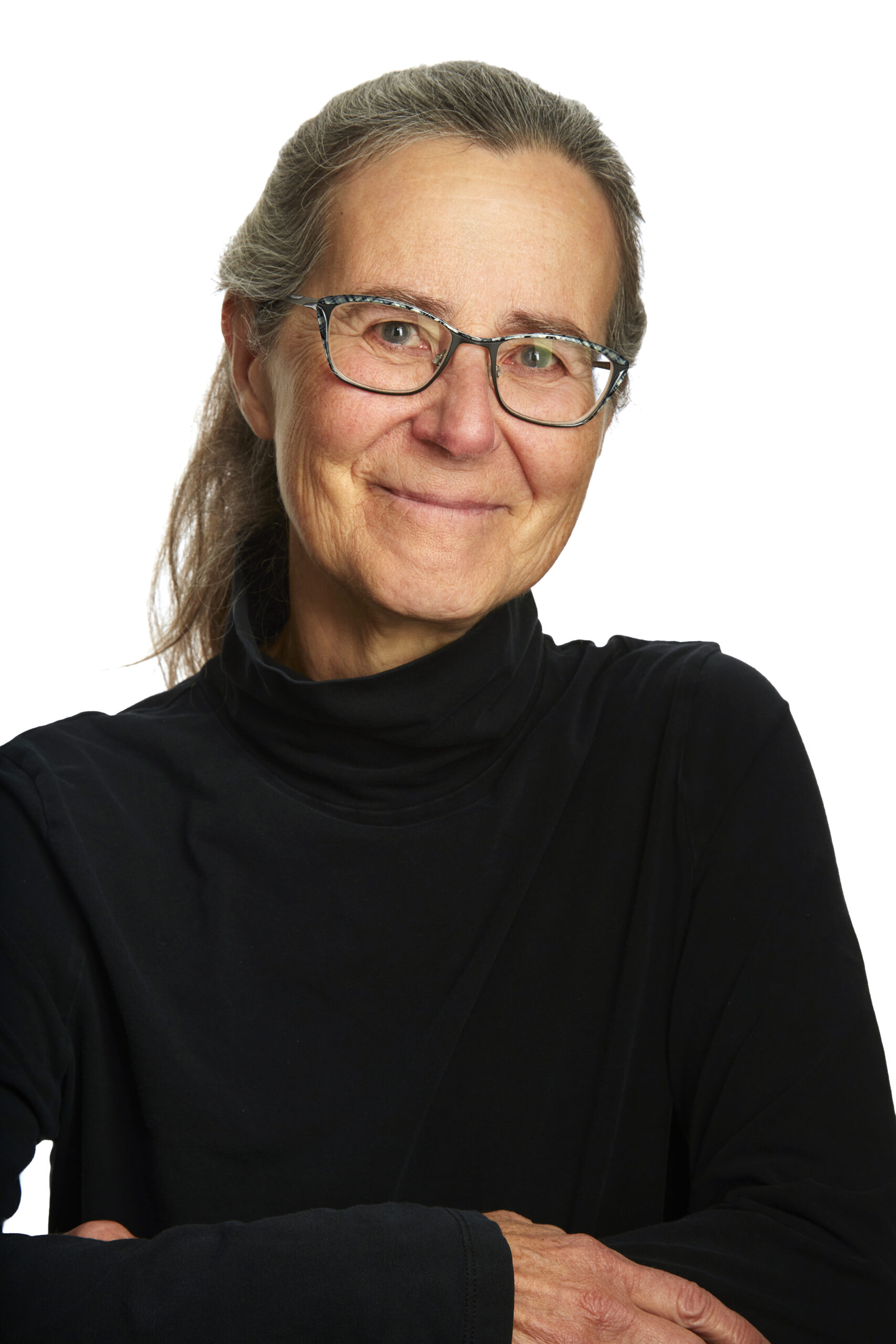
Kathy Stinson is the author of the classic Red Is Best, the award-winning The Man with the Violin, and the GG shortlisted The Rock and the Butterfly. Her wide range of titles includes picture books, fiction, non-fiction, and poetry. She has enjoyed the privilege of meeting with her readers in every province and territory of Canada, in the United States, Britain, Liberia, and Korea. Currently president of CANSCAIP (the Canadian Society of Authors, Illustrators, and Performers), Kathy lives in a small town in southern Ontario.
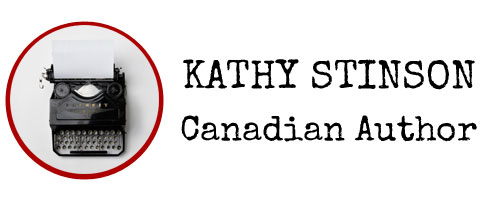
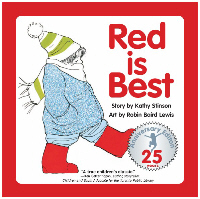
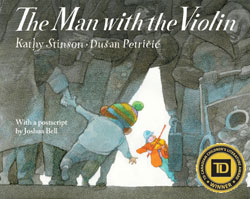
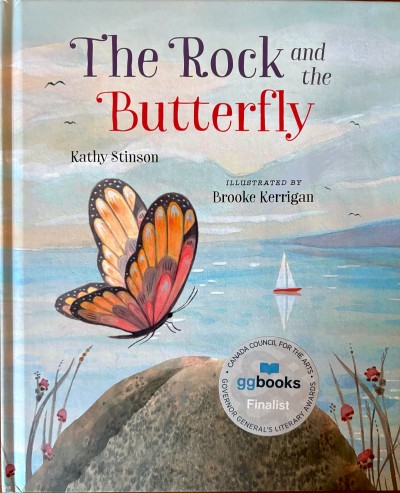
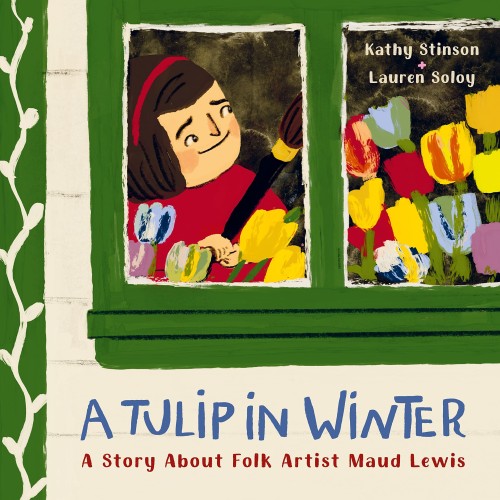
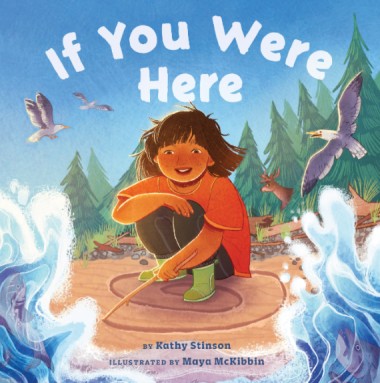
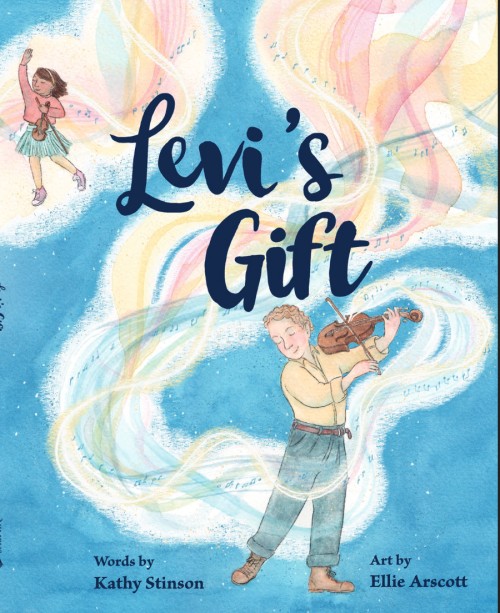
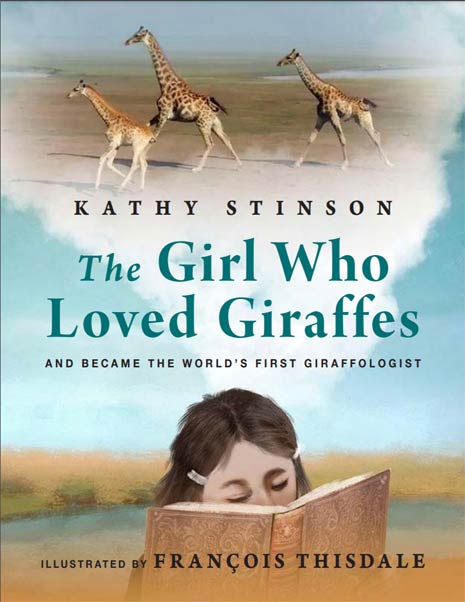
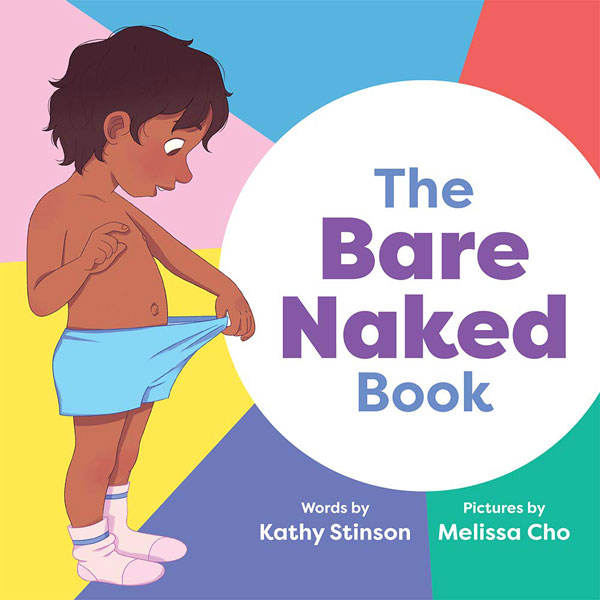



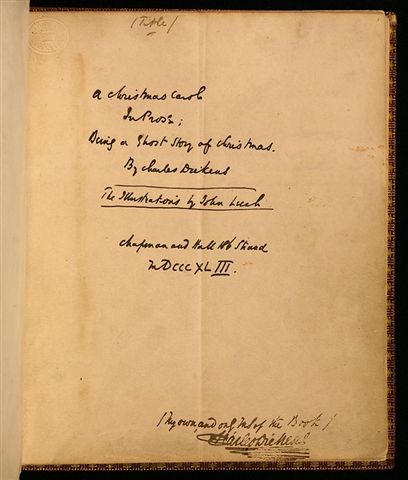
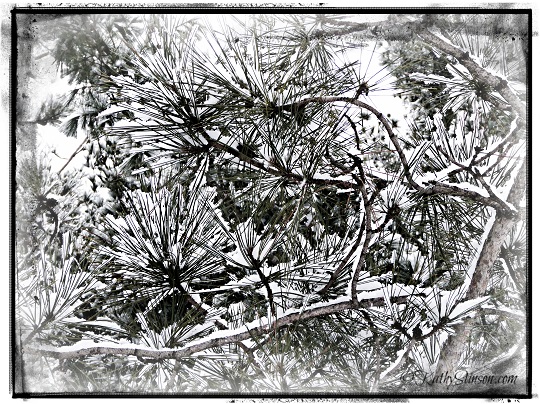
Kathy, rather than saying you "stole" your title from me, it would be more accurate (and less negative) to say you "were inspired by" mine. 🙂
It has been so fascinating to read about your experiences in Liberia! I'm sure you have much more to tell – any chance we'll see a book about this in the future?
I'll miss you when you're away, but will look forward to hearing all about your next adventure when you get home.
Your blog post put a lump in my throat. You capture the essence of our experience and you do it so graciously. Your respect for the writers and all participants in fact, and your open and warm manner made all the difference. Where others might see desperation and destruction and violence, you see hope and light and warmth.
I was amazed at how easily you adjusted to Liberia and really saw a change in you after you visited the schools and saw the children and their teachers and then met the writers. After that, it was like you understood everything and were home.
You wove the writers and the teachers together into a common purpose and strengthened our CODE team and the impact of the Reading Liberia workshops – and as you know, you won my heart.
I can't wait to hear about your next African adventure.
Ingrid
Thank you, Janet, for "inspiring" me.
And thank you, Ingrid, for your kind words. Janet has been my sister for many many years, but Liberia somehow made you a sister, too, in a very short time. And I know Janet won't mind sharing.
xo to you both.
Any sister of Kathy's is a sister of mine! 🙂
Thanks sisters.
Kathy,your writing about your visit to Liberia made me homesick for Africa!I've been following you as a writer for some time…have often used your picture books as I am a teacher.I remember you from VMCI as well as walking to and from school with you…remember when your greatest ambition in life was to go to the U.K. and scout out the Beatles homes? Beth
Beth, I can't believe you remember my "great ambition". I'd forgotten about it myself till you mentioned it. Will you be at the VMCI reunion in June?